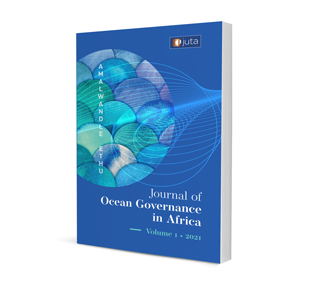Protecting taxpayer information from the public protector – A ‘just cause’?

Protecting taxpayer information from the public protector – A ‘just cause’?
Author: Fareed Moosa
ISSN: 2521-2575
Affiliations: Associate Professor at the Department of Mercantile & Labour Law, University of the Western Cape
Source: Journal of Corporate and Commercial Law & Practice, Volume 6 Issue 2, 2020, p. 190 – 211
https://doi.org/10.47348/JCCL/V6/i2a7
Abstract
Under the Tax Administration Act, 2011 (TAA), taxpayers enjoy a right to privacy of information disclosed to the South African Revenue Service (SARS). This note shows that tax officials are obliged to protect the secrecy thereof. It is argued that the Commissioner for the SARS correctly resisted compliance with a subpoena issued by the Public Protector for access to the records of former President Jacob Zuma. If it acquiesced without objection, shock waves would have reverberated through South Africa’s tax community. It is contended that the Commissioner’s decision to maintain taxpayer secrecy under pain of a potential criminal sanction contributed to restoring some of the lost confidence and respect for the SARS which has, in recent times, endured reputational damage owing to internal squabbles which morphed into public scandals. This note hypothesises that CSARS v Public Protector is good authority for the proposition that governmental departments and state institutions not expressly mentioned in s 70 of the TAA do not have statutory rights of access to taxpayer information and must, to gain access, follow due process. This note argues that the judgment in casu is not only a victory for taxpayer rights but also for the rule of law.

